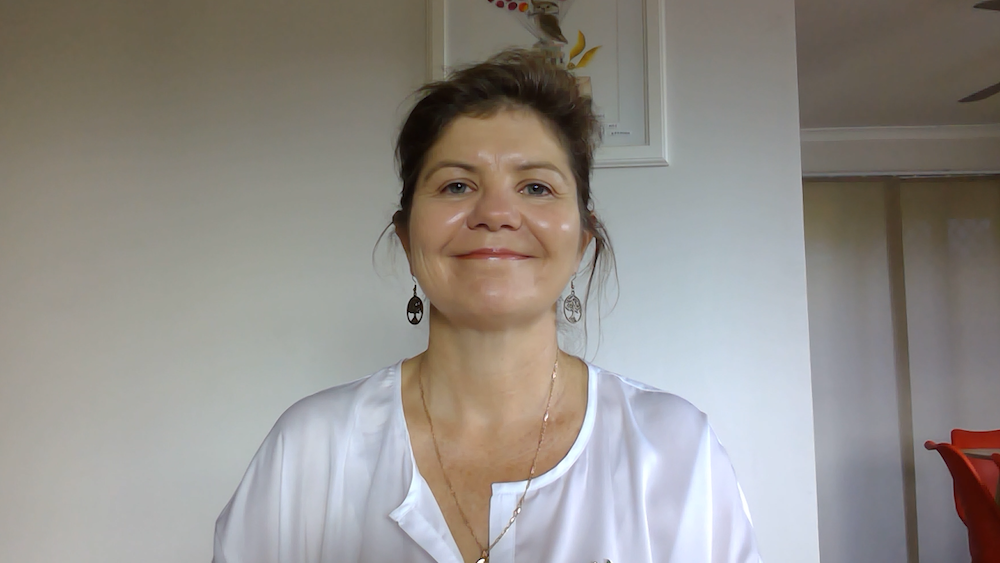If you receive your diagnosis while you are at home, you must stay there and not leave. You should also not allow people who do not have an essential need to be in your home to visit while you are in isolation. This is to reduce the spread of the virus to others outside your home.
Whilst most people diagnosed with COVID-19 will only develop mild symptoms and not require hospitalisation, people living with lung cancer are at higher risk of developing more severe symptoms and requiring hospitalisation, particularly if you are currently receiving treatment and your immune system is weakened.
For more information on COVID-19, home isolation, or to seek individualised advice, please contact your healthcare professional and don’t forget to download the free Australian Government COVIDSafe app.
What should I do if I am diagnosed positive with COVID-19? If you have lung cancer and you are diagnosed with COVID-19 and you have a positive test, what the Health Department recommends is self-isolation. So self-isolation means staying at home and not leaving your home. Most important part of this is contacting your healthcare professional to talk about what are the treatment and management plans that you need to do to look after yourself specifically.
While most people with COVID-19 won’t actually get severe symptoms, they’ll only have mild symptoms, most of us with lung cancer will have a more severe form of the virus, and we’ll probably have to be hospitalised. So, if I were to be diagnosed with COVID-19, I would self-isolate and I would seek the advice of my healthcare professional, my oncologist. If I were to go to hospital, I would let them know of my lung cancer diagnosis because I feel that it’s important to let the entire healthcare team know about the complexities of my health. They can then determine the much more specific care for me, and much more specific treatments should I need to be hospitalised.
So, they would be able to talk with my oncologist who can give them more specific information around the care that I’ve had in the past, such as surgeries, radiation effects, things like that. So, the Lung Foundation have those resources available. This would be an instance where I would want to speak with the lung cancer nurse and talk to her about my options for managing my symptoms, if I could be self-isolating at home and those sorts of issues that come up.
Lung Foundation will have resources specific to COVID-19 on the Lung Foundation website and there will be a link at the end of this video. Lung Cancer Search and Rescue. Hope in every breath.

 Donate
Donate






